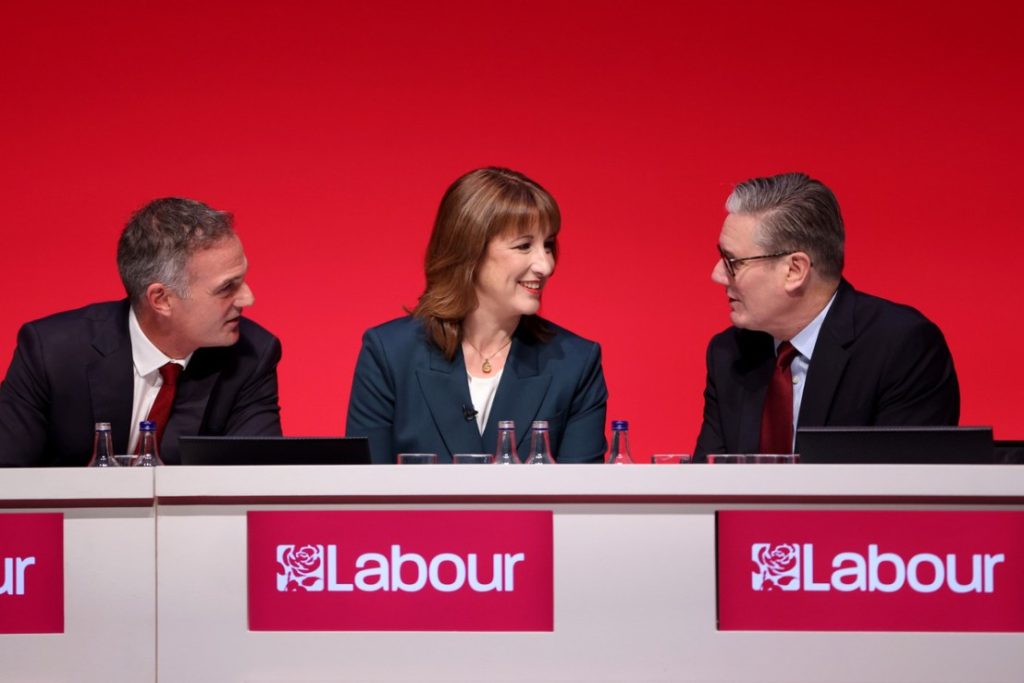Labour’s plan to grant weekly office access for trade unions
The UK government is exploring a bold proposal within the forthcoming Employment Rights Bill (ERB): granting registered trade unions the “right of access” to employer premises on a weekly basis. Under current legislation, union officials cannot enter private business offices without permission, but the ERB aims to formalise this right—and attach penalties of up to £75,000 for companies that refuse access.
Key details of the draft consultation
- Access frequency: Unions would be entitled to enter workplaces once per week, for a two-year term that can be renewed.
- Response window: Employers would have five working days to respond to an access request from union representatives.
- Penalty framework: The Central Arbitration Committee (CAC) would levy fines—capped at £75,000—proportional to the severity of any breach.
- Scope preservation: The ERB will still prohibit unreasonable interference with business operations, ensuring that union visits cannot disrupt core activities.
Ministers could finalise these rules as early as the week before Christmas, ahead of the ERB receiving royal assent on Labour’s end-of-year timetable.
Why Labour is pushing for “right of access”
Supporters of the measure argue it will strengthen collective bargaining and boost worker representation. Weekly office visits provide unions with a reliable channel to:
- Engage directly with employees on pay negotiations and working conditions.
- Distribute information on rights and benefits, especially to shift workers.
- Identify emerging workplace issues before they escalate into formal disputes.
Downing Street insists these reforms are essential to modernise employment relations and rebuild trust between workers and management after years of declining union membership.
Business backlash and political tensions
The proposal has generated fierce opposition from Conservative figures and some industry groups. Andrew Griffith, shadow business secretary, denounced it as “Labour’s plan to hand control of our workplaces to union bully boys.” He warned that granting unfettered access risks turning office floors into “playgrounds for activists,” pressuring employees to join unions and steering workplaces toward political agendas.
Many employers also fear that fines of up to £75,000 could be imposed arbitrarily if they contest access or cite genuine operational concerns. Trade associations have called for clearer guidelines to ensure the measure does not inadvertently penalise reasonable refusals.
Defending the reforms: benefits for workers
Labour ministers argue that trade union access is a longstanding feature in other European economies, where collective representation and codetermination strengthen workplace democracy. Angela Rayner, in a recent Commons speech, described the ERB as “a game changer for millions stuck in insecure and low-paid work,” pointing to enhanced union presence as key to combating precarious contracts and zero-hours patterns.
Furthermore, aligning union rights with modern business models—where hybrid and remote working can isolate employees—aims to restore direct, face-to-face dialogue in a predominantly office-based environment.
Wider ERB changes and industry concerns
The “right of access” is just one component of a sweeping package of labour reforms in the ERB. Other notable measures include:
- Day-one unfair dismissal rights: Employees dismissed within six months of hire will gain immediate access to legal remedies, reversing the previous qualifying period.
- Enhanced strike ballots: Union leaders will have additional input on whether dispute mandates should translate into formal industrial action.
- Gig economy protections: Clarifications on worker classification and entitlements for contract-based staff in delivery, hospitality and IT sectors.
While these reforms have drawn vocal support from trade unions, many in the business community warn of increased legal costs, higher operational complexity and potential slowdowns in hiring if employers fear early tribunal claims.
Next steps toward implementation
The government has launched a targeted consultation inviting feedback from employers, unions and independent experts. Key questions include:
- Should the right of weekly access be limited to certain sectors or company sizes?
- What constitutes “reasonable refusal” to avoid vexatious or disruptive visits?
- How can the CAC ensure fines are fair, transparent and proportional?
After the consultation closes, ministers will review all submissions before publishing a White Paper detailing the final ERB drafts. Businesses should watch for the official guidance expected early next year, ahead of the law’s anticipated rollout in spring 2026.
